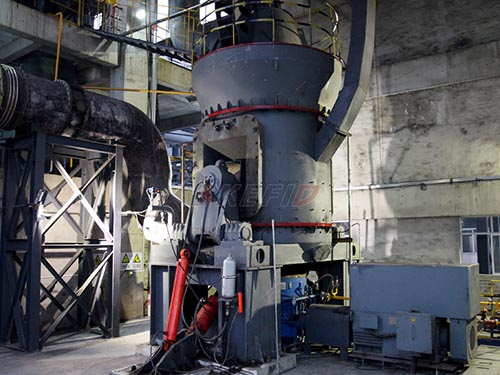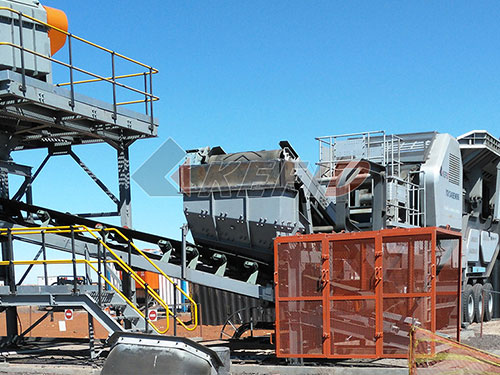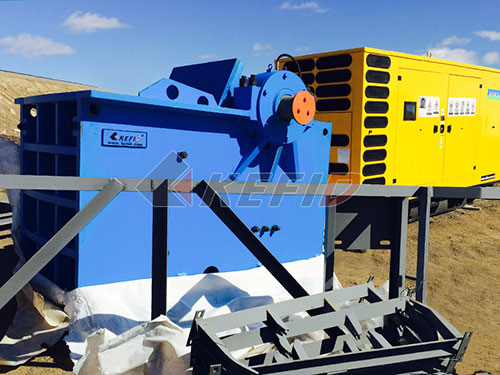Crusher Screen Mesh Panels Investment for Quarry in Vietnam
Strategic Investment: Optimizing Quarry Operations in Vietnam Through Premium Crusher Screen Mesh Panels
Vietnam's construction and infrastructure sectors are experiencing unprecedented growth, fueled by urbanization, industrialization, and significant government investment in transport networks and energy projects. This boom directly translates into soaring demand for aggregates – crushed stone, sand, and gravel – the fundamental building blocks of development. Quarry operators across Vietnam face the dual challenge of meeting this escalating demand while simultaneously improving operational efficiency and profitability amidst rising costs and competitive pressures.
In this demanding environment, overlooking the critical role of crusher screen mesh panels is a costly mistake often made under budget constraints. Viewing screen mesh purely as a consumable expense is short-sighted; strategically investing in high-quality panels represents one of the most impactful operational upgrades available to Vietnamese quarry owners seeking sustainable growth.
Understanding the Crucial Role of Screen Mesh
The screening stage is pivotal within the aggregate production circuit:
1. Separation: Mesh panels physically separate crushed material into precise size fractions (e.g., 0-5mm sand, 5-10mm chips, 10-20mm aggregate).

2. Product Quality: Accurate sizing is paramount for meeting stringent construction specifications (e.g., TCVN standards). Oversized or undersized material leads to product rejection or downgrading.

3. Crusher Protection: Efficient screening removes correctly sized material quickly, preventing recirculation ("over-crushing") which wastes energy and accelerates wear on crushers.
4. Throughput Optimization: Clogged or inefficient screens become bottlenecks, drastically reducing overall plant capacity.
The High Cost of Low-Quality Mesh in Vietnamese Conditions
Many quarries initially opt for cheaper mesh solutions due to upfront cost considerations. However, the operating conditions prevalent in Vietnam make this choice particularly detrimental:
1. Abrasive Geology: Vietnamese quarries process highly abrasive materials like granite, basalt (common in Central Highlands), limestone (abundant in Northern regions like Ninh Binh), and quartzite.
2. Humidity & Moisture: High humidity levels year-round cause moisture-related issues like blinding (material sticking to wires) and accelerate corrosion.
3. High Production Volumes: Meeting demand requires extended operating hours under continuous heavy load.
4. Dust & Contaminants: Dust ingress accelerates wear mechanisms.
Consequences of Inferior Mesh:
Rapid Wear & Frequent Replacement: Cheap mesh deforms quickly under load ("peening"),


